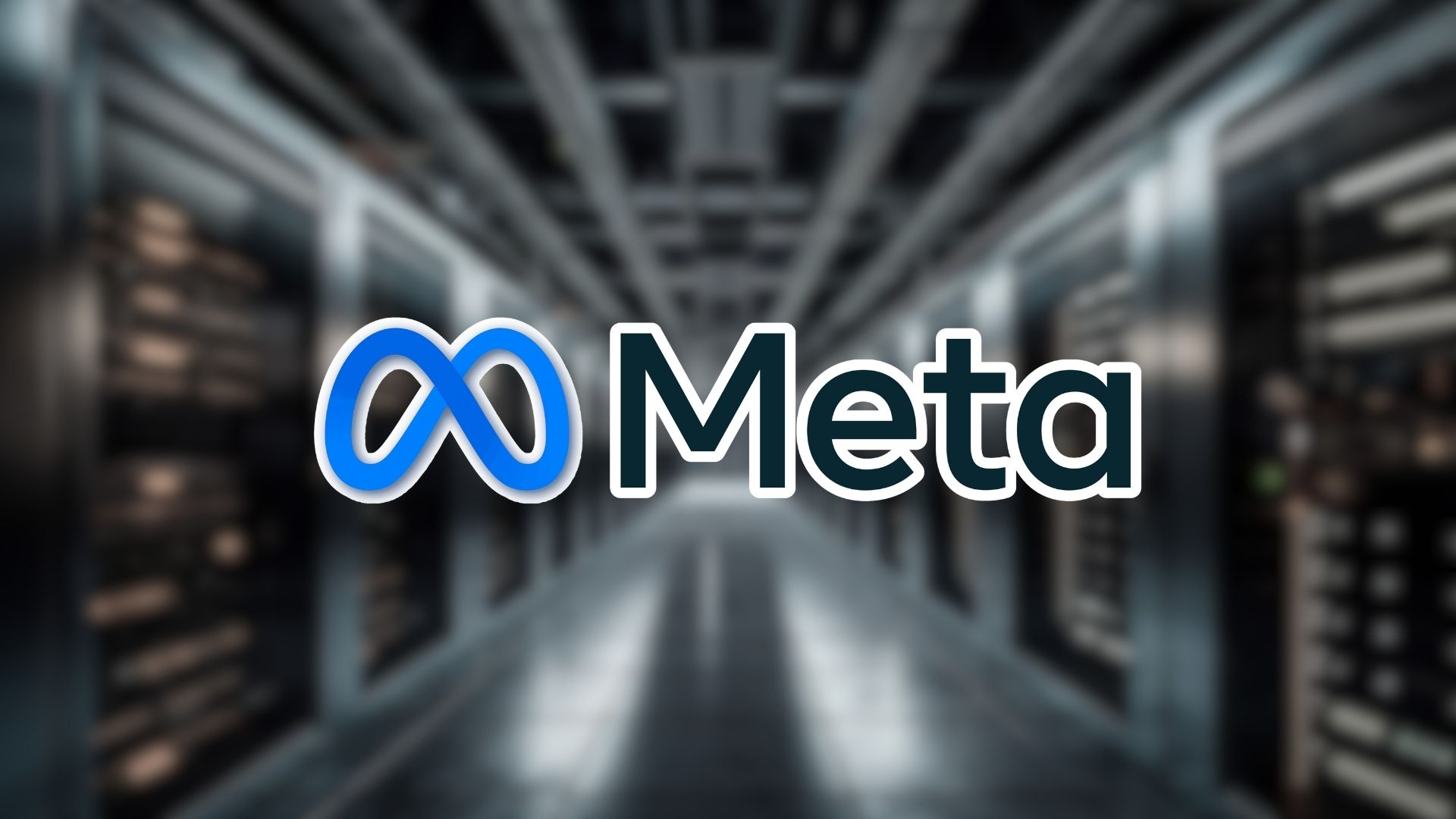OpenAI is turning its London office into its largest research hub outside the US, marking a strategic shift towards deeper engagement with the UK’s rapidly developing AI landscape. The move places the company in direct competition with Google DeepMind for scientific talent.
An expansion that strengthens OpenAI’s long-term presence in Europe by building a substantial research base rather than relying on satellite operations. The firm aims to attract researchers seeking strong academic links, regulatory clarity and access to the UK’s growing AI ecosystem.
The enlarged London team is expected to support frontier model development and experimental work that aligns with OpenAI’s international ambitions. Senior leadership framed the decision as a vote of confidence in the UK’s capacity to become one of the most influential centres for advanced AI research.
The announcement intensifies debate over global competition for expertise, as major labs seek locations that balance research freedom with responsible oversight.
OpenAI’s investment signals a belief that the UK can offer such conditions while positioning itself as a key player in shaping the next generation of AI capabilities.
Would you like to learn more about AI, tech and digital diplomacy? If so, ask our Diplo chatbot!










